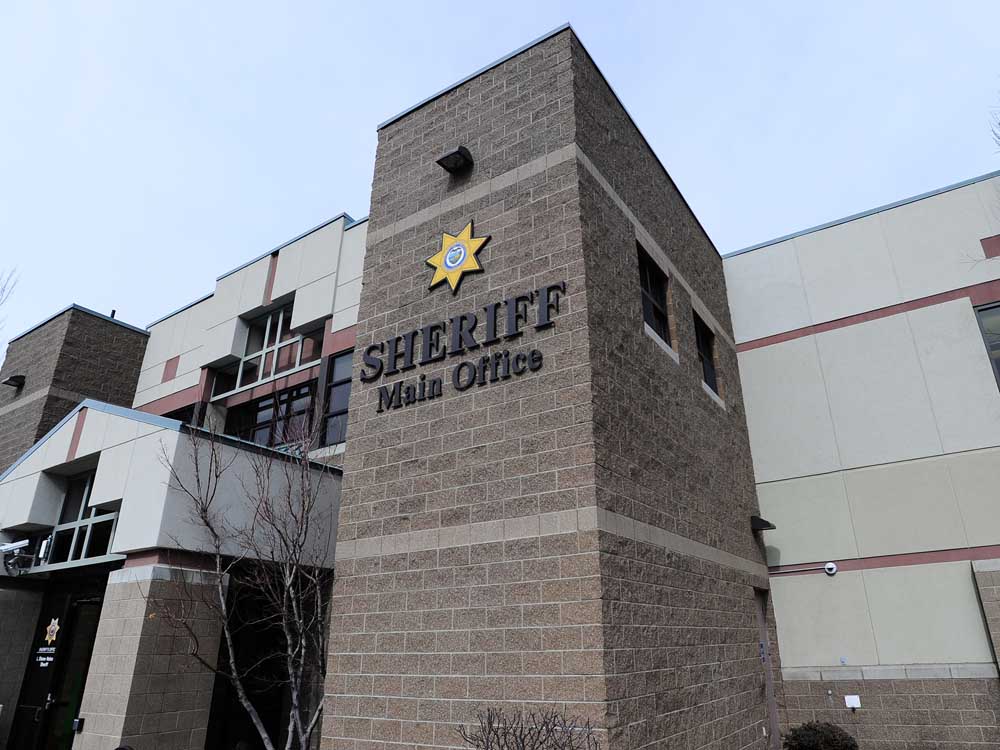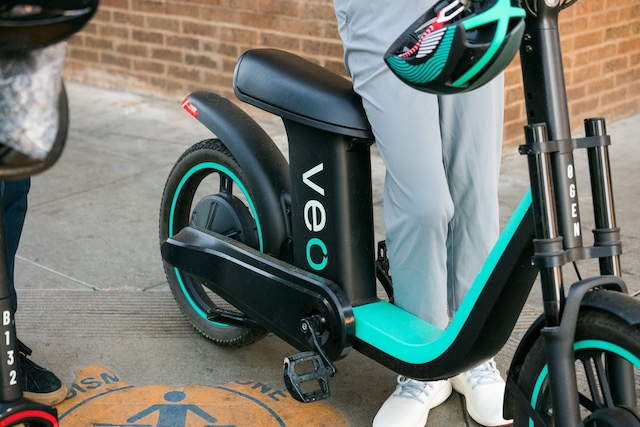National business briefing
Published 12:00 am Tuesday, February 20, 2018
Uber lawsuit gets class certification
A federal lawsuit alleging that Uber stiffed its drivers of fare money has received class certification, allowing it to include thousands of drivers nationwide who did not sign an arbitration agreement with the San Francisco company.
Trending
The breach of contract lawsuit, filed in May in U.S. District Court in San Francisco, alleges that when Uber implemented a feature called “upfront pricing” in August 2016, it didn’t pay drivers their fair share.
Previously, the cost of Uber rides was calculated based on factors such as miles traveled and time. Passengers were charged accordingly at the end of the ride, and Uber passed along 80 percent of the fare to drivers, keeping 20 percent for itself.
The lawsuit alleges that when Uber introduced upfront pricing, it quoted and charged passengers a higher fare upfront, but continued to pay drivers based on previous calculations, which resulted in drivers receiving less than 80 percent of the total fare.
Uber did not respond to a request for comment.
This isn’t the first time Uber has been slapped with a lawsuit over the how it pays its drivers.
In April, Los Angeles Uber driver Sophano Van filed a similar lawsuit, yet to be certified as a class action, alleging that Uber’s upfront pricing practice was a breach of contract.
Trending
The company has also been sued for pocketing drivers’ tips, and it faces lawsuits around the country about whether it owes drivers expense reimbursement and benefits.
Airlines to protest Trump fee hikes
A little over a year into the Trump administration, the U.S. airline industry has mixed feelings about the businessman-turned-president.
Three of the country’s biggest airlines — United, Delta and American — and their labor unions praised Trump last month for making a deal to get Qatar Airlines to restrict its flights to the U.S. and provide more financial information.
The deal came after years of complaints that accused Qatar, Etihad and Emirates airlines of competing unfairly with U.S. airlines by accepting subsidies from their oil-rich government owners.
But now, a trade group that represents those U.S. airlines is protesting a proposal from the Trump administration to raise fees on airline tickets to collect nearly $3 billion.
The Trump budget would raise the passenger security fee charged to all flyers by $1 per one-way trip next year and $1.65 in 2020, raising the total fee in 2020 to $8.25 per one-way ticket.
The proposal calls for a nearly $2 increase to two separate fees charged by U.S. Customs and Border Protection on travelers entering the country via boat or airplane.
“Increasing taxes in any form will add to the cost of flying for millions of Americans, curtail job growth and limit the options small and medium communities currently enjoy,” said Nicholas Calio, CEO of Airlines for America, the trade group for the country airlines.
— From wire reports








